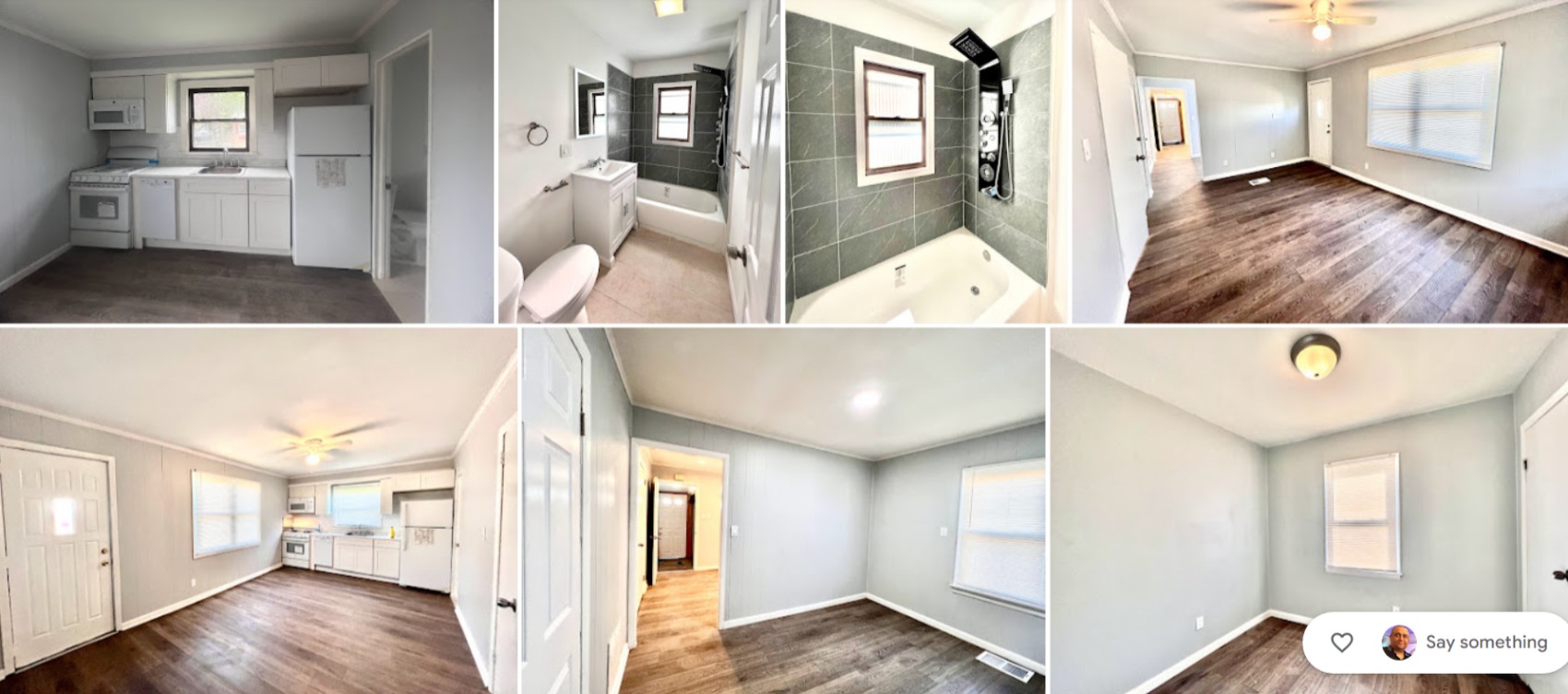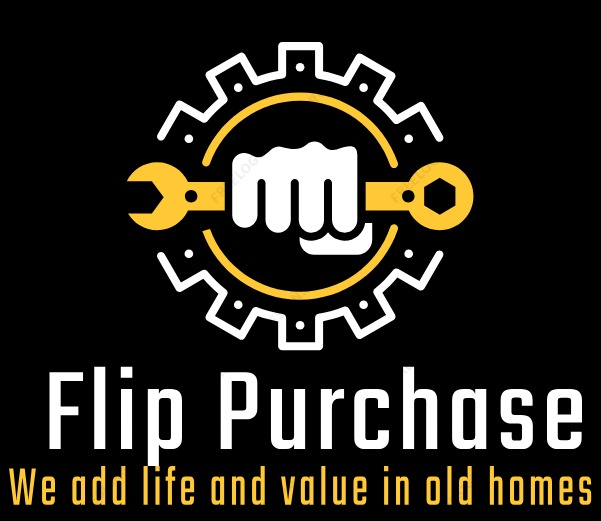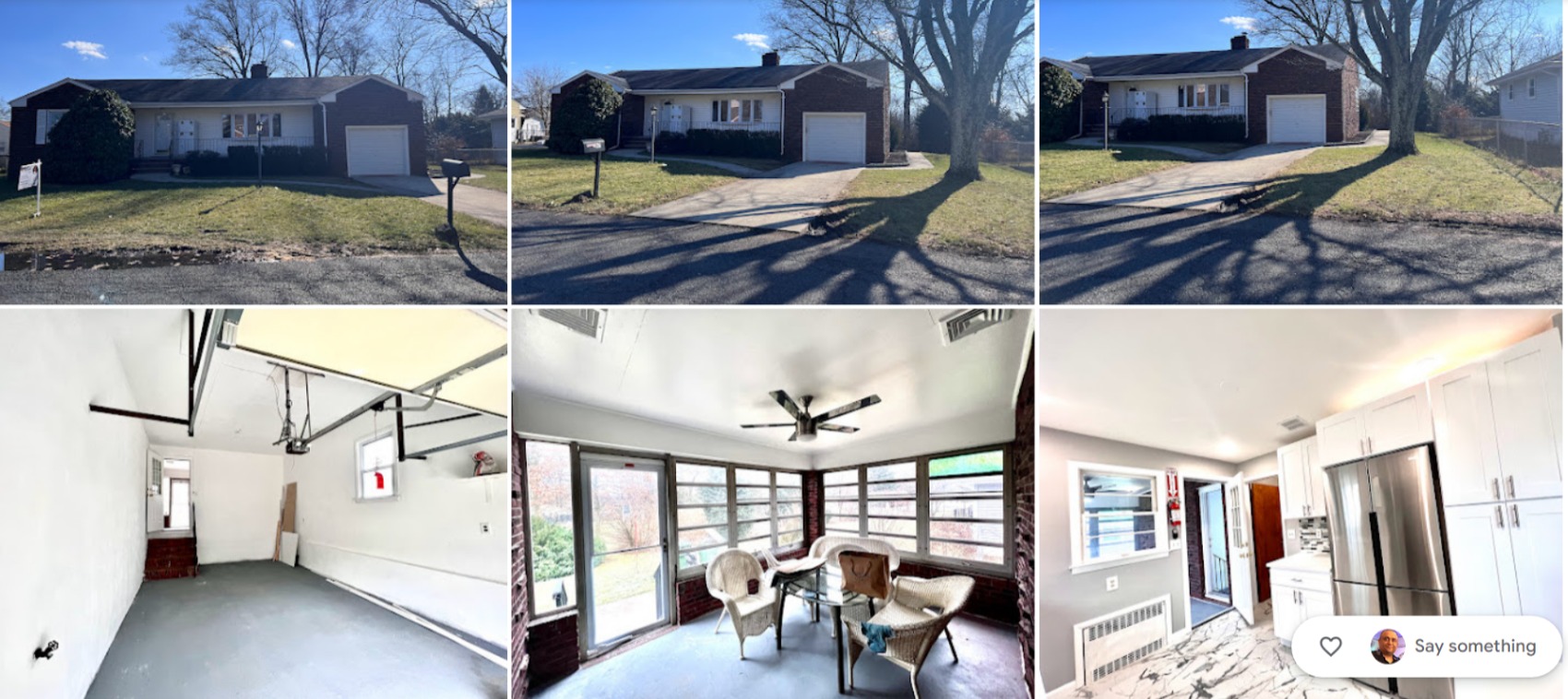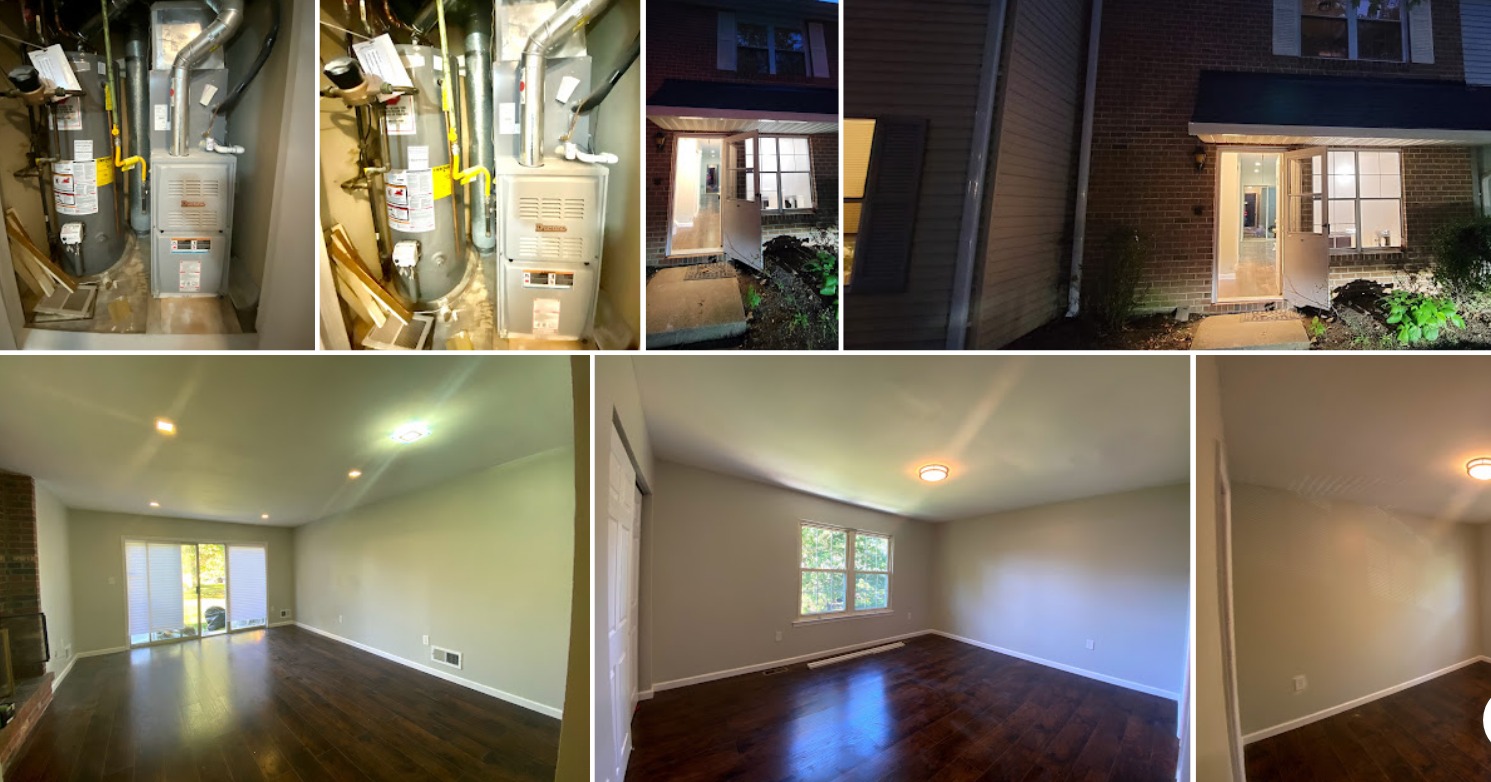
FHA vs. Conventional
FHA loans allow lower credit scores than conventional mortgages do, and are easier to qualify for. Conventional loans allow slightly lower down payments.
| FHA | Conventional |
| With FHA loans, mortgage insurance is required regardless of the down payment amount. Credit score requirements vary for conventional loans and FHA loans. | With conventional loans, you are required to pay for mortgage insurance for down payments under 20%. |
| Lower credit scores allowed | Higher credit score needed (at least 620) |
| More rigid property standards | Slightly smaller down payments allowed |
| Somewhat higher down payment needed | Private Mortgage Insurance (PMI) is required for down payments less than 20% |
| Monthly mortgage insurance required for the life of the loan on mortgages where the LTV exceeds 90%. For loans where LTV is less than or equal to 90%, monthly mortgage insurance premiums required for 11 years | More liberal property standards |
Fha loans are insured by the Federal Housing Administration, and conventional mortgages aren’t insured by a federal agency. Both types of loans have their advantages for any type of buyer, but qualification requirements differ
Minimum down payment
FHA loans have a minimum down payment of 3.5% for borrowers with credit scores of 580 or higher.
Credit scores
FHA loans are usually easier to qualify for, with a minimum credit score of 580 to be eligible to make a 3.5% down payment. If your credit score is 500 to 579, you may qualify for an FHA loan with a 10% down payment.
Your debt-to-income ratio must be 50% or less to qualify for an FHA loan. Conventional loans allow debt-to-income ratios up to 50% in some cases, too. Even though lenders sometimes allow debt-to-income ratios that high, approval is more likely for mortgage borrowers with DTIs of 43% or less.
The 2023 FHA loan limit is $472,030 in low-cost areas and $1,089,300 in expensive markets. Conventional loans are subject to the conforming loan limit set by the Federal Housing Finance Agency. For 2023, that limit is $726,200 for most of the U.S. Mortgages that exceed that threshold are called Jumbo loans
FHA appraisals are more stringent than conventional appraisals. Not only is the property’s value assessed, but it is also thoroughly vetted for safety, soundness of construction and adherence to local code restrictions.
When you get an FHA loan, you have to live in the house as your primary home. Investment properties and homes that are being flipped (sold within 90 days of a prior sale) aren’t eligible for FHA loans.
You can use a conventional loan to buy a an investment property, as well as a primary residence.










